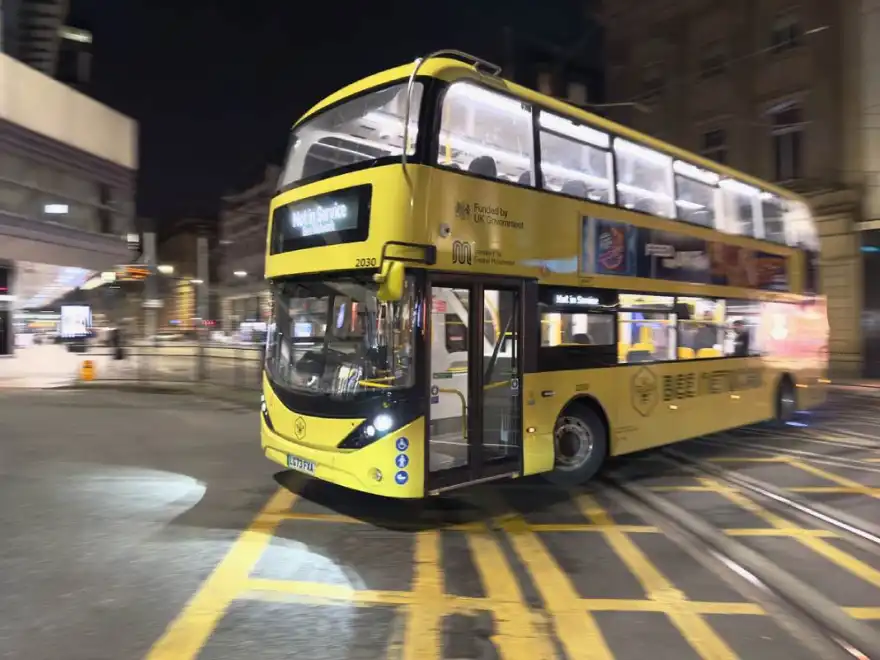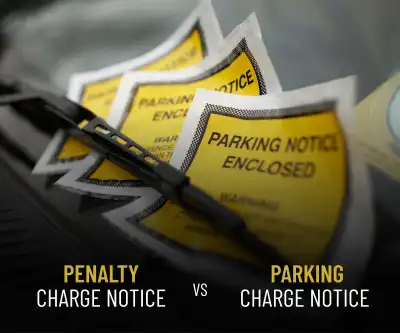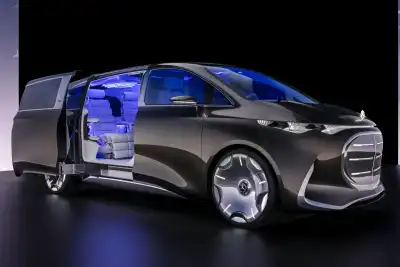
Drivers of petrol and diesel vehicles will not face daily charges to enter an emissions zone in Greater Manchester, following confirmation that plans for a Clean Air Zone (CAZ) have been scrapped.
The story of Greater Manchester's CAZ
Instead, an £86 million investment will fund measures to tackle air pollution without imposing charges.
Back in 2021, Greater Manchester Mayor, Andy Burnham, announced plans to introduce a Clean Air Zone across the full city region.
This was after the then Conservative Government directed Burnham to introduce a clean air plan that would reduce nitrogen dioxide limits by 2024 (this was subsequently pushed back to 2026 due to Covid-19).
Politicians are perhaps most well known for always trying to be on the right side of the popularity contest, but arguably, none do this quite as well as Burham.
Upon announcing his plans in 2021 and just hours before they came into force in 2022, the Greater Manchester Mayor received huge backlash from commercial vehicle drivers and private companies who would foot the bill of the new zone - he quickly postponed his plans and has tried extremely hard to rid himself of an involvement in his initial plan ever since.
This is despite him spending millions of pounds installing cameras and signage around the region - all of which is still there today.
In fact, he went as far as heralding the official cancellation of his proposed Clean Air Zone as 'a truly great outcome'.
What happens next?
The Government will now provide £51.1 million for low and zero-emission buses, £8 million to support taxi firms in transitioning to electric vehicles, and £5 million for traffic measures aimed at reducing emissions. An additional £21.9 million will cover administration, monitoring, and related costs.
Proposals could include ultra-low speed limits of 10mph in parts of Manchester city centre. However, plans to charge drivers up to £60 a day have been abandoned after significant public backlash.
Greater Manchester had already installed over 1,000 signs and 400 enforcement cameras, costing taxpayers millions, in preparation for the CAZ 's introduction in 2022. These cameras will no longer be used for emissions enforcement, but authorities may repurpose them for law enforcement pending public consultation.
Several other UK cities, including Birmingham, Bath, and Sheffield, have implemented similar clean air zones with daily charges, sparking controversy. Meanwhile, Scotland's Low Emission Zones restrict older petrol and diesel vehicles in cities like Glasgow and Edinburgh.
The Department for Environment, Food & Rural Affairs stated that Greater Manchester's approach will meet legal air pollution limits faster without charging motorists. air Quality Minister Emma Hardy praised the plan as tailored to the region's needs, while roads Minister Lilian Greenwood highlighted the benefits of cleaner buses and reduced emissions.
Signage for the now-scrapped CAZ will be removed gradually.




